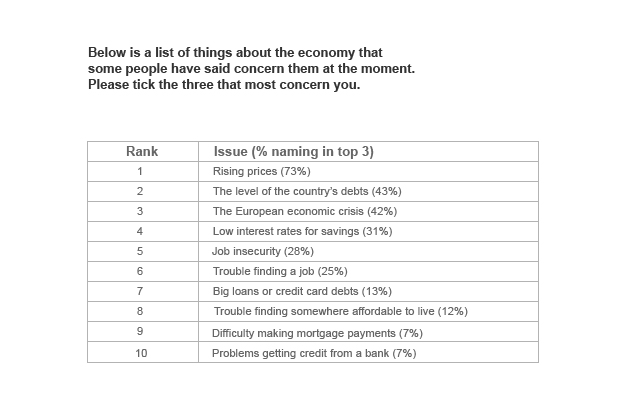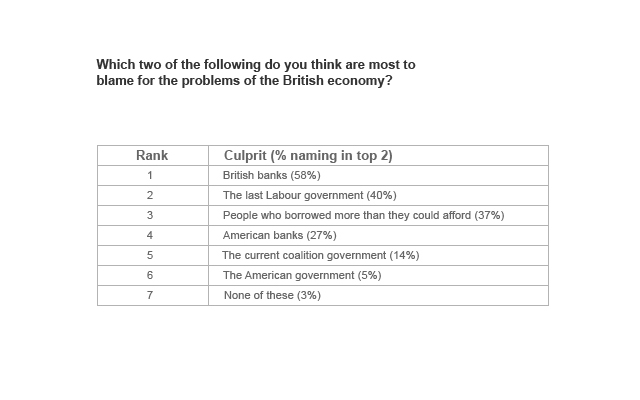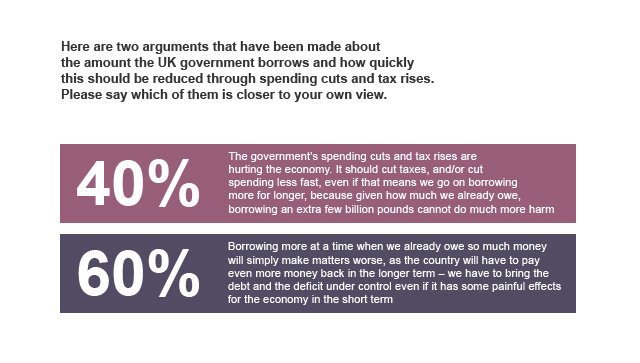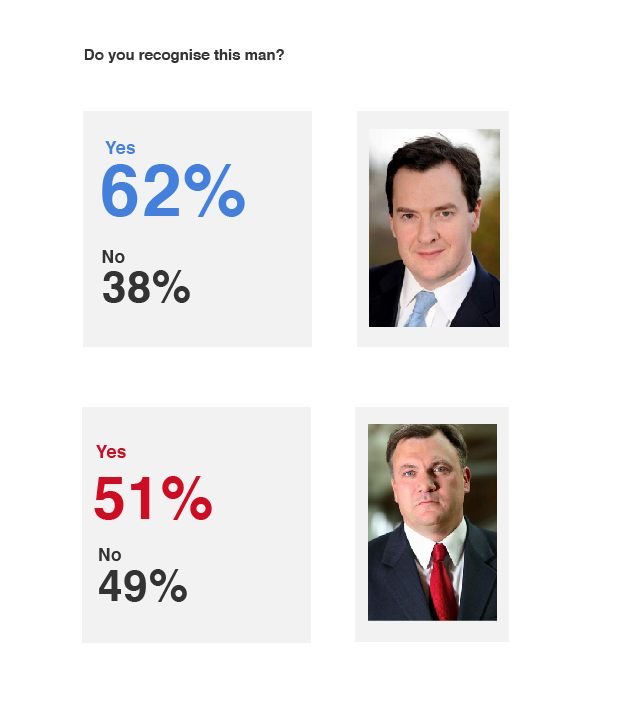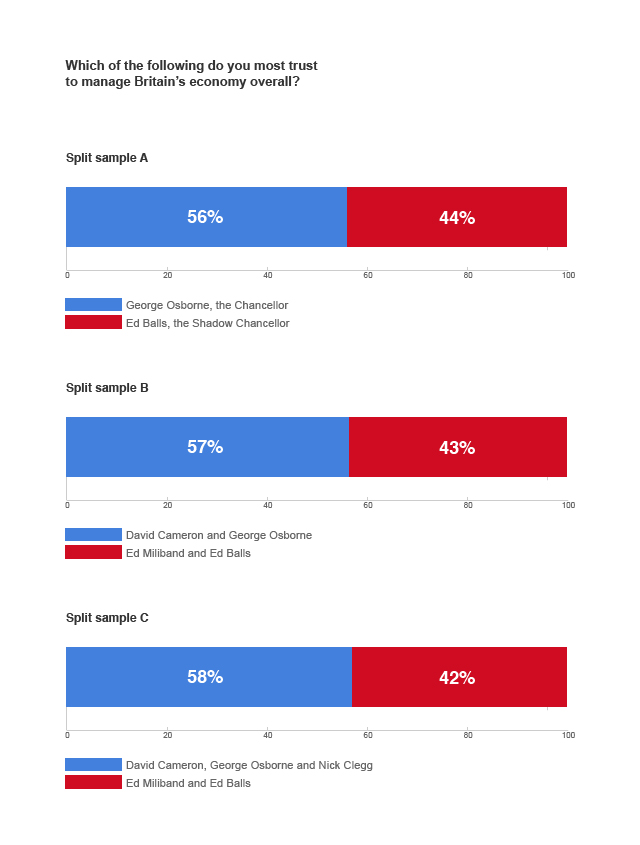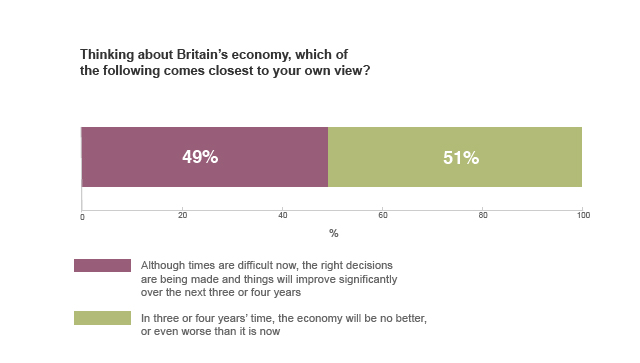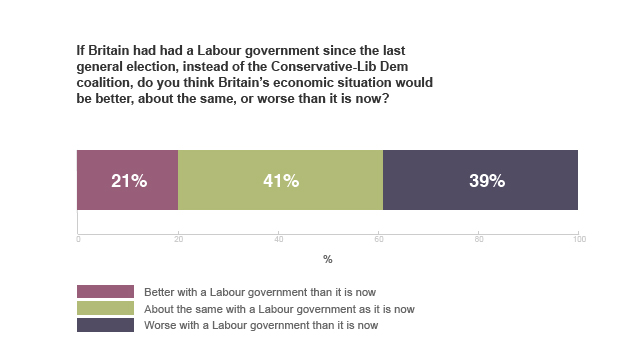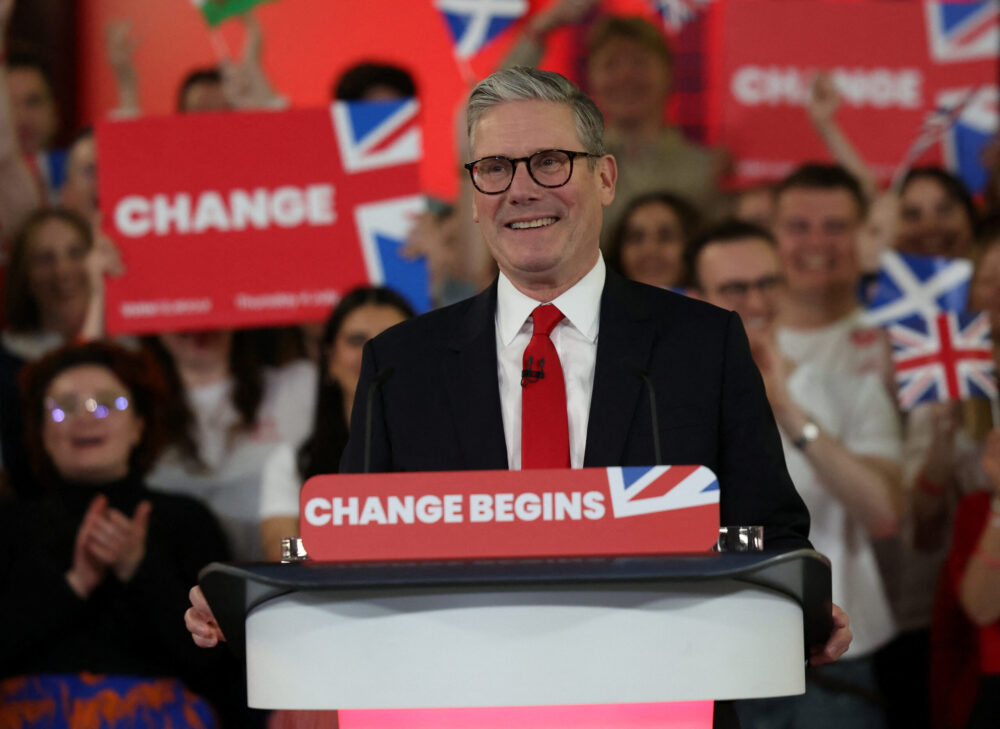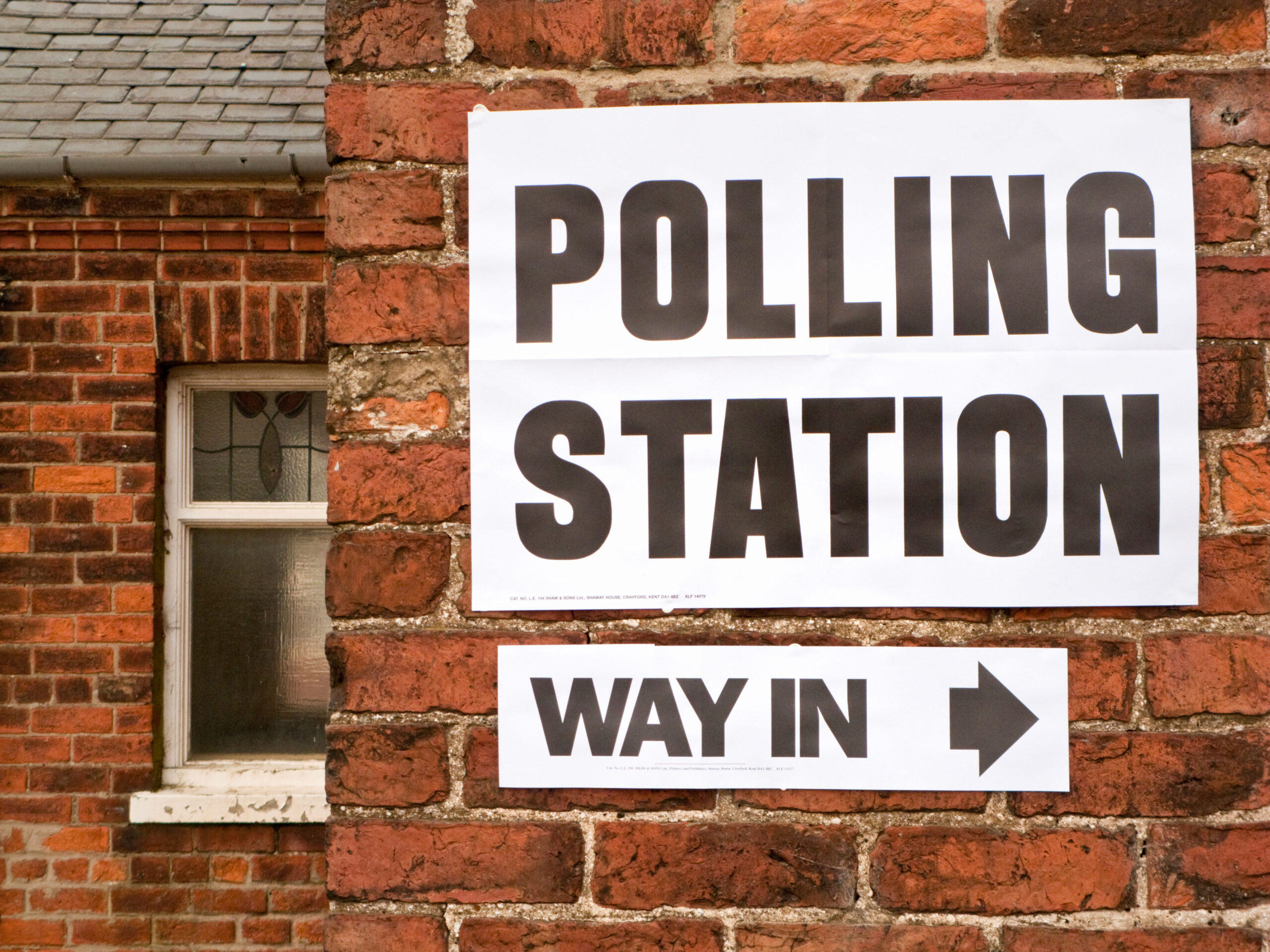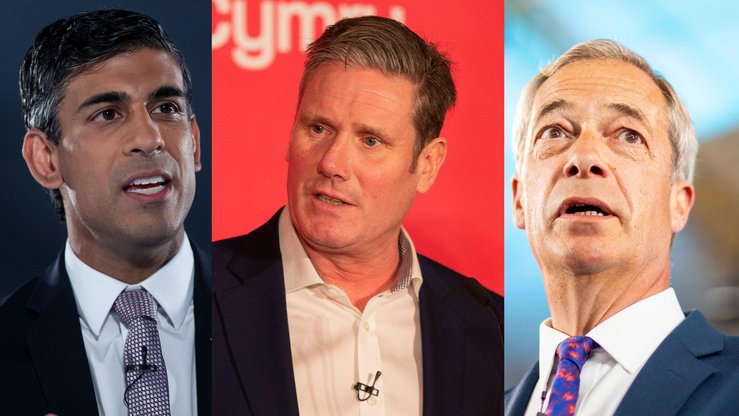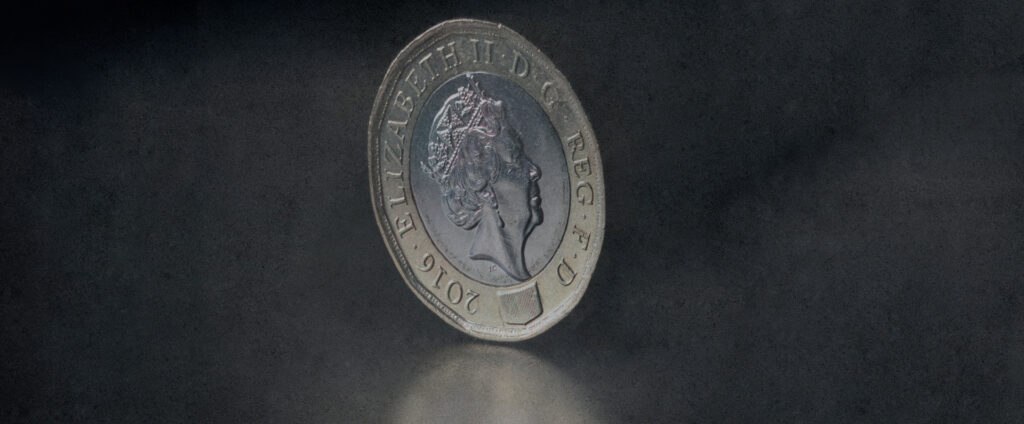
The ChEx Factor: Economic Leadership In Hard Times explores how voters see the economy, what most concerns them, how they think the government is handling things, and what – if anything – would be different if Labour were in power. In this research I have also taken the opportunity to find out what voters think about the Chancellor and his Labour shadow, Ed Balls.
In the Autumn Statement, voters will be more impressed to hear honest gloom from Mr Osborne than a cheerful assessment that seems to deny the evidence of their own eyes. Few believe there is much that he, or any government, could do today to overcome the economic crisis.
Methodology
An online poll of 5,000 adults was conducted between 11 and 16 November 2011. In addition, ten focus groups were conducted between 7 and 17 November in Thurrock, Bolton, London, Newcastle and Taunton. Participants had voted in the 2010 general election and were open to voting for a different party at the next general election.
Summary of key points
Click here to download the full report
The cost of living was the biggest economic concern: three quarters of poll respondents named “rising prices” as one of their top three worries, compared to 53% who were concerned either about job insecurity or finding a job. Nearly two thirds of those aged 65 or over were concerned about low interest rates for savings.
Asked which two institutions or groups were most to blame for the problems of the British economy, 58% chose “British banks”. “People who borrowed more than they could afford” (37%) were named nearly as often as “the last Labour government” (40%); only 14% named “the current coalition government”. In the groups, those who blamed Labour emphasised that they did not wish to hear this any more from the coalition.
There was more support for the government’s approach to tackling the deficit than there was for the argument that the coalition was cutting too far and too fast. Respondents were more likely to agree that “we have to bring the debt and the deficit under control even if that has some painful effects” (60%) than that the government “should cut taxes, and/or cut spending less fast, even if that means we go on borrowing more for longer” (40%). Labour voters were the only group in which a majority agreed with the second statement; public sector workers were evenly divided.
In the groups, it was clear that by “the cuts” people meant everything that had contributed to a decline in living standards, not just reductions in government spending.
There was resignation about the ability of the government (of any colour) to overcome the crisis or create jobs. Initiatives proposed by either party – such as new apprenticeships or a temporary VAT cut – either sounded insignificant to the scale of the problem or would exacerbate the situation by creating more debt.
Poll respondents were more likely to say they recognised a picture of George Osborne (62%) than said they recognised Ed Balls (51%). However, they were more likely to mistake Osborne for somebody else. Only just under half of respondents identified either picture correctly. Most people knew very little or nothing about either Osborne or Balls. If anything they knew more about Balls, remembering him as Education Secretary. Though some thought of him as a “bolshie” character, there was no recollection of Balls as a henchman for Gordon Brown or a participant in damaging battles with Tony Blair. Several noted that he seemed a lot more competent than Ed Miliband.
Views about the party leaders play a bigger part in determining trust in a party’s economic management than views about the Chancellor or Shadow Chancellor. Asked who they most trusted to manage Britain’s economy overall, respondents chose Osborne over Balls by 12 points. However, they chose Cameron and Osborne over Miliband and Balls by 14 points, and Cameron, Osborne and Clegg over Miliband and Balls by 16 points.
Poll respondents were evenly split over whether the Conservatives or Labour would do the better job on “helping businesses to grow” and “making banks and bankers behave responsibly”. Labour were ahead 60% to 40% on “creating jobs”. The Conservatives led on “cutting borrowing and debts”, “steering the economy through tough times”, and “stopping Britain getting into the same problems as Greece and Italy”.
Many saw the Eurozone crisis as being related to the euro itself. The main lesson they drew for Britain was therefore that we had been right not to join. Though most understood that debt played a central role in the crisis, this was usually seen as a function of the national characteristics of the countries concerned.
Poll respondents were evenly divided over whether “the right decisions are being made and things will improve significantly over the next three or four years” (49%), or whether by that time “the economy will be no better, or even worse, than it is now” (51%). Conservative and Lib Dem voters, older people, ABs, and those in the South East were the most likely to be optimistic. The consensus was that things were likely to get worse before they got better.
Respondents were more likely to think that, had Labour been in government since the last election, the economic situation would be worse than it is now (39%) than that it would be better (21%). People were more evenly divided over whether things would be better (19%) or worse (24%) with a Conservative government rather than a coalition, with most (57%) saying the situation would be about the same.
Click here to read my commentary on the research, which was published in the Sunday Telegraph.
